In Myanmar, Tillerson rules out major bans over Rohingya crisis
US Secretary of State Rex Tillerson has met with Myanmar’s leader Aung San Suu Kyi, expressing deep concerns about “credible reports” of government-sanctioned violence against Rohingya Muslims.
Tillerson held talks with Suu Kyi on Wednesday in Myanmar’s capital of Naypyidaw during his one-day visit there.
Speaking at a joint press conference with Suu Kyi, Tillerson said that Washington would consider targeted sanctions against individual people if they were found responsible for the violence.
He insisted, however, that he would not advise “broad-based economic sanctions” against the entire country.
“All of that has to be evidence-based,” Tillerson said. “If we have credible information that we believe to be very reliable that certain individuals were responsible for certain acts that we find unacceptable, then targeted sanctions on individuals very well may be appropriate,” he said, diplomatically.

The top US diplomat was also due to meet with Myanmar’s military chief, Min Aung Hlaing, who is in charge of the operations in Rakhine, where government military operations have led to the exodus of more than 600,000 Rohingya Muslims from their country.
A senior US State Department official said on Tuesday that Tillerson would use the visit to “express concerns over the displacement and violence and insecurity affecting Rohingya populations and other local populations and discuss ways to help Burma (Myanmar) stakeholders implement commitments aimed at ending the crisis and charting productive ways forward.”
Myanmar’s military denies widespread reports of such atrocities, most recently with a statement Monday.
Military authorities claimed they had interviewed thousands of people during a month-long probe into the conduct of troops in Rakhine. While the report said battles with alleged Rohingya-affiliated militants had killed 376 “terrorists,” it also claimed that its military forces had “never shot at the innocent Bengalis” and “there was no death of innocent people.”
The government in Myanmar refuses to recognize the Rohingya Muslim minority in Rakhine as a local ethnic group even though they have lived there for generations.

Meanwhile, Tillerson’s visit was reportedly prompted by bipartisan anger among US lawmakers about the persisting atrocities in Myanmar.
“In recent weeks, we’ve also witnessed the appalling images of atrocities being committed by the Burmese military against the Rohingy minority,” said Republican Senator Bob Corker, who chairs the Senate Foreign Relations Committee, during a Tuesday hearing to examine the US policy toward Myanmar.
“Hundreds of men and women and children systematically killed. Hundreds of thousands of people fled as their homes burned,” he said.
Another Republican Senator, James Risch of Idaho, said, “There is no difference in our feeling, all of the committee... We all share this frustration. We all share this outrage.”
Moreover, lawmakers in the House and Senate have also recommended a series of new sanctions on Myanmar’s military, which, Corker said, “continues to control key ministries and large swaths of the economy” even after the 2015 election of a civilian government.
Suu Kyi’s government has remained almost entirely silent in the face of outcry. On the one occasion that she spoke, she defended the military’s activities.
Corker said, “Her failure to acknowledge the seemingly systematic campaign of brutality by the Burmese military continues to undermine the civilian government and Burma’s democratic transition as a whole,”
He voiced his “shock and dismay at her dismissiveness” of concerns about what has been happening to the Rohingya.
Iran, Russia agree to fast-track strategic North–South Transport Corridor
US offers Ukraine 'strong' security guarantees amid unsettled territorial row
Iranian researcher wins gold at Silicon Valley invention festival for cancer medicine
Turkey excluded from Gaza conference in Doha due to Israeli veto: Report
Protests against Trump administration continue
Three policemen killed in shootout with terrorists in southeast Iran
Hamas’s Khaled Meshaal urges Trump to abandon Israel-first policy
VIDEO | Iran FM in Minsk on first leg of Belarus, Russia tour


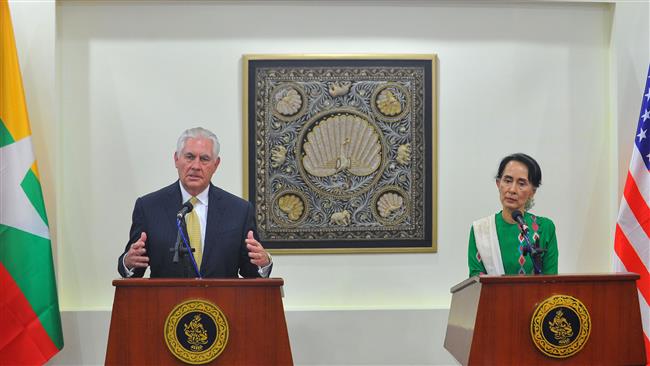
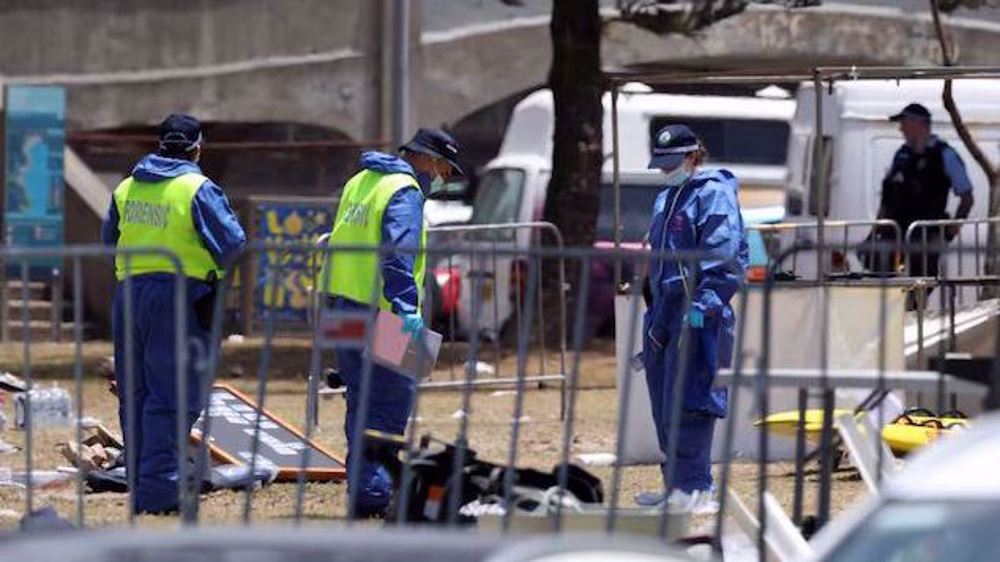





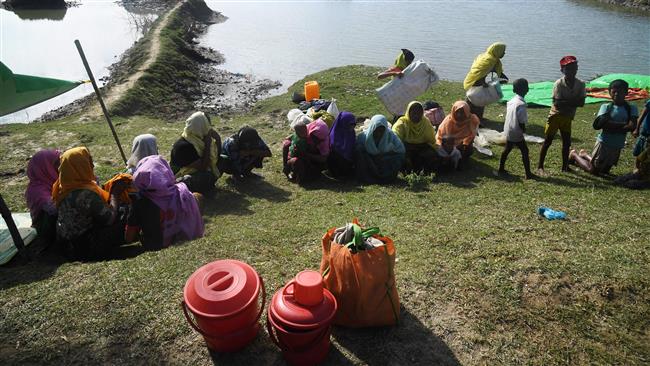
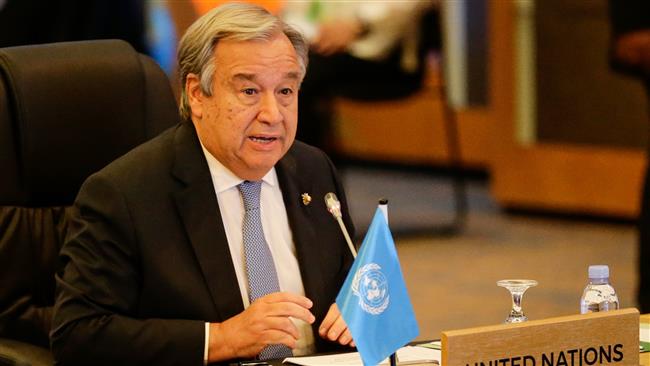
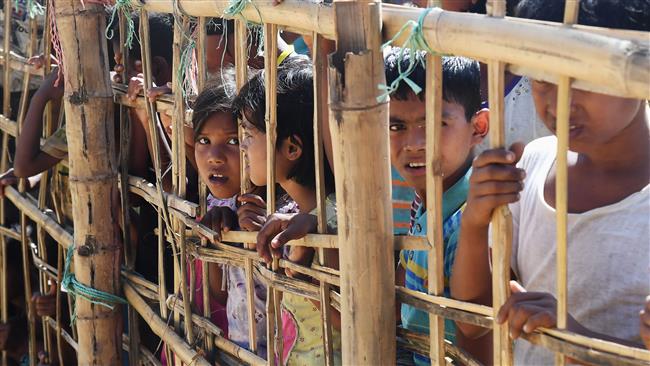

 This makes it easy to access the Press TV website
This makes it easy to access the Press TV website